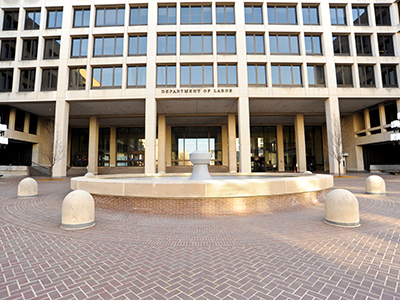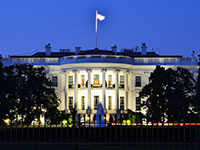Members of the Fair Labor Standards Legislation Committee of the American Bar Association’s Section of Labor and Employment Law recently met. The meeting includes employer and employee advocates, as well as government officials. The meeting often highlights not only the present status of regulations, policy and pending litigation but also provides a window into coming trends that may be important for employers. We highlight a few takeaways.
DOL and EEOC to Make 2016 A Challenging Year for Employers











